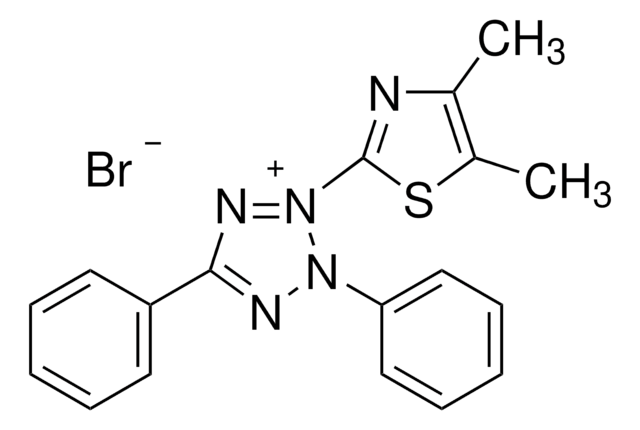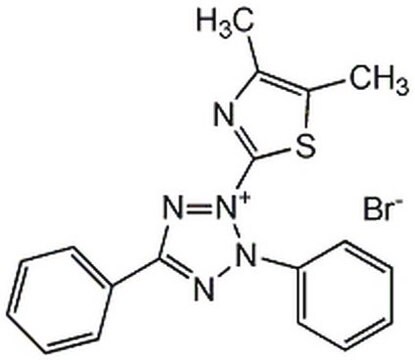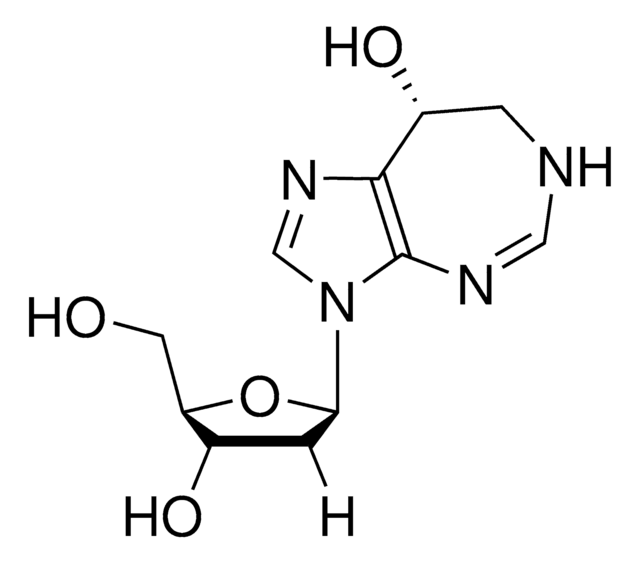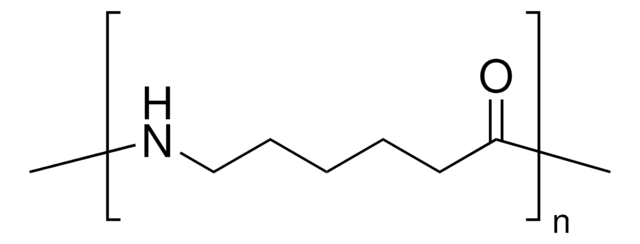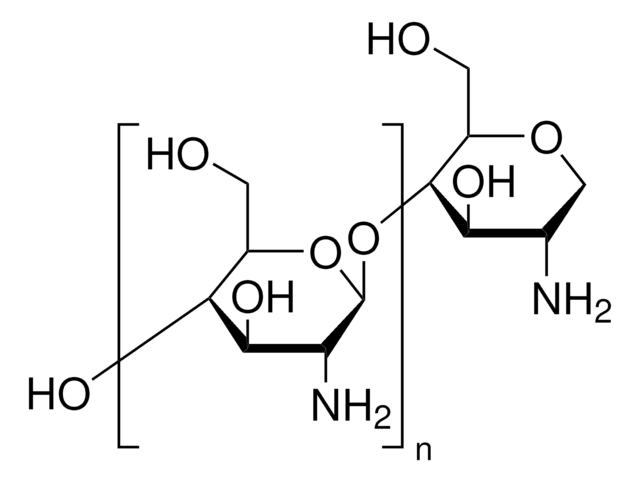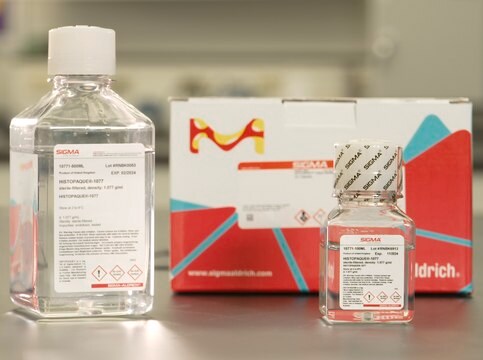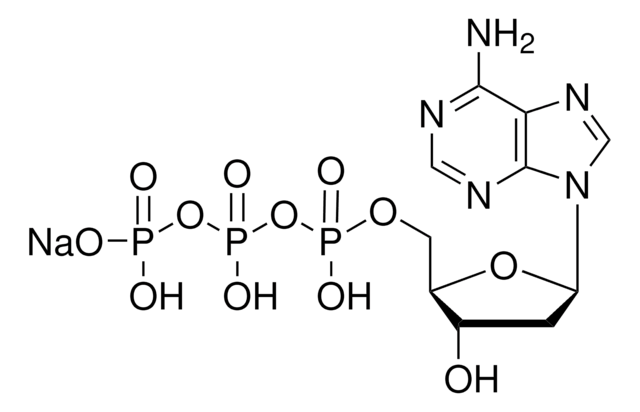ABS1631
Anti-phospho-eNOS (Ser602)
from rabbit
Synonyme(s) :
Nitric oxide synthase endothelial, Constitutive NOS, EC-NOS, eNOS, NOS III, NOS type III
About This Item
Produits recommandés
Source biologique
rabbit
Niveau de qualité
Forme d'anticorps
affinity isolated antibody
Type de produit anticorps
primary antibodies
Clone
polyclonal
Espèces réactives
bovine
Réactivité de l'espèce (prédite par homologie)
human (based on 100% sequence homology)
Technique(s)
ELISA: suitable
western blot: suitable
Numéro d'accès NCBI
Numéro d'accès UniProt
Conditions d'expédition
ambient
Modification post-traductionnelle de la cible
phosphorylation (pSer602)
Informations sur le gène
mouse ... Nos3(287024)
Description générale
Spécificité
Immunogène
Application
Signaling
Western Blotting Analysis: A 1:250-1,000 dilution from a representative lot detected phospho-eNOS (Ser602) in bovine aortic endothelial cell lysates (Courtesy of Dr. Carol Chrestensen at Kennesaw State University, Kennesaw, GA).
ELISA Analysis: A 1:64,000 dilution from a representative lot detected phospho-eNOS (Ser602) in Phospho-602 peptide/Non-Phospho-602 peptide (Courtesy of Dr. Carol Chrestensen at Kennesaw State University, Kennesaw, GA).
Qualité
Western Blotting Analysis: A 1:1,000 dilution of this antibody detected phospho-eNOS (Ser602) in 10 µg of bovine aortic endothelial cell lysate.
Description de la cible
Forme physique
Stockage et stabilité
Autres remarques
Clause de non-responsabilité
Vous ne trouvez pas le bon produit ?
Essayez notre Outil de sélection de produits.
Code de la classe de stockage
12 - Non Combustible Liquids
Classe de danger pour l'eau (WGK)
WGK 2
Certificats d'analyse (COA)
Recherchez un Certificats d'analyse (COA) en saisissant le numéro de lot du produit. Les numéros de lot figurent sur l'étiquette du produit après les mots "Lot" ou "Batch".
Déjà en possession de ce produit ?
Retrouvez la documentation relative aux produits que vous avez récemment achetés dans la Bibliothèque de documents.
Notre équipe de scientifiques dispose d'une expérience dans tous les secteurs de la recherche, notamment en sciences de la vie, science des matériaux, synthèse chimique, chromatographie, analyse et dans de nombreux autres domaines..
Contacter notre Service technique
